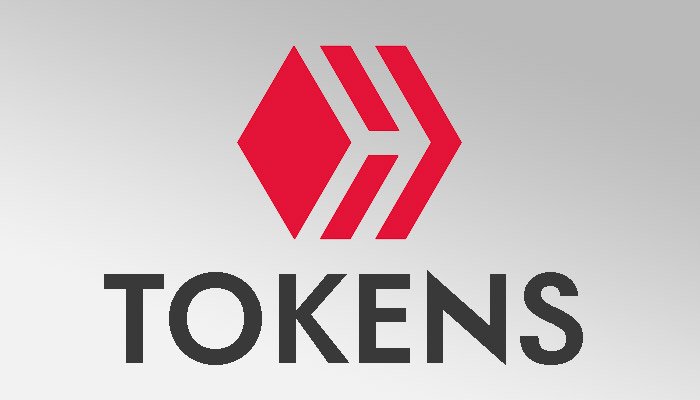
“...issuing, transmitting, transferring, providing safe custody or storage of, administering, managing, lending, buying, selling, exchanging or otherwise trading or intermediating convertible virtual currencies, including cryptocurrencies, virtual assets or similar concepts where the concept is accepted by persons as a means of payment of goods or services, a unit of account, a store of value or a commodity.”
This is from the legal definition of “convertible virtual currency activity” in my own regional jurisdiction, of which, it seems Layer 2 tokens fall into, and anyone who creates one is required to conform to a raft of regulatory standards.
And I happen to live in one of the world's most crypto-friendly territories.
I’ve been here on Hive for a year (with a little hiatus) but I’m still definitely learning the ropes in many regards. A lot of what I learn is through osmosis and inference. Sadly though, this isn’t always sufficient for the more in-depth or technical subjects - as I found out this week when I contemplated creating a layer-2 Hive Token for a fun project.
Creating community tokens
I live on a small island and I thought that creating a Hive community that catered for my local offline community would be a cool way to on-board more users to Hive. And the addition of a tribe or community token seemed like a fun idea.
Here on the island, people are very patriotic and there might well be an appetite for an associated layer-2 token. Beyond the simple use of Hive-community rewards, the project could utilize the many Hive apps that plug into a token’s functionality, therefore allowing the opportunity for off-world applications such as commerce or events tie-ins.
Potentially dangerous legal waters
However, a little research seemed to put one or two spanners into the works. What exactly are the legalities of creating a crypto-token here on Hive? By creating one, am I then responsible for complying with various legal standards, such as setting up legal entities, having audited accounts, checking the authenticity of everyone who takes a stake in the token, etc.
I could not find much in the way of information here on Hive, but on Ecosia and elsewhere, I found lots of alarming info implying that starting token-creation was really in the realm of corporate entities, with all the legal protections that these provide.
One prominent crypto-law YouTuber stated that if you create a token you really ought to be a registered business, with the appropriate licences and legal mechanisms in order to comply with financial regulations.
So will the authorities come knocking?
Wow! This is a far cry from the proverbial crypto-hobbyist who might create a project or community for a bit of fun.
Here on Hive, I can create a layer-2 token in less than 4 clicks and at a cost of 40 Hive. Whilst I would be thinking of it as a tool to encourage user-interest in a very modest online community, the law might see it as an unregulated public offering. So where does the truth lie?
Suggestions appreciated
Obviously, different laws apply to different regions, but in general I worry that amateur coders and crypto-hobbyists may be opening themselves up to legal difficulties in certain circumstances.
What started out as a bit of fun on Monday, looked by Friday like an idea that was hanging in tatters. As of now, I have no idea where I stand, and I'd rather not open myself up to legal liabilities just for the sake of a hobby-project. I'm still hoping I may have misinterpreted this.
If anyone here on Hive has any idea about the legalities of tokens (generally) and whether it’s something individuals (who are not large-scale start-ups) should steer clear of, I’d welcome your comments below.
If, for instance, I created my community, with it’s associated token, then went onto Twitter or out into the real-world and encouraged people to come on over and join would I not be seen to be pushing an unregulated “investment opportunity” or be seen to be a currency distributor?
Perhaps I'm over-thinking this. Perhaps I need only worry if I were trying to court large-scale investors and garner large-scale adoption with elaborate IPOs. Or maybe the law doesn't make a distinction and I'd be playing with fire without first taking costly legal advice.
Conclusion
So I guess what I learned on Hive this week is that, whilst there are some easy and fun toys to mess around with, some of the functionality open to us here on is potentially more serious than I first thought.
Thanks to anyone with anyone willing to share their knowledge :)